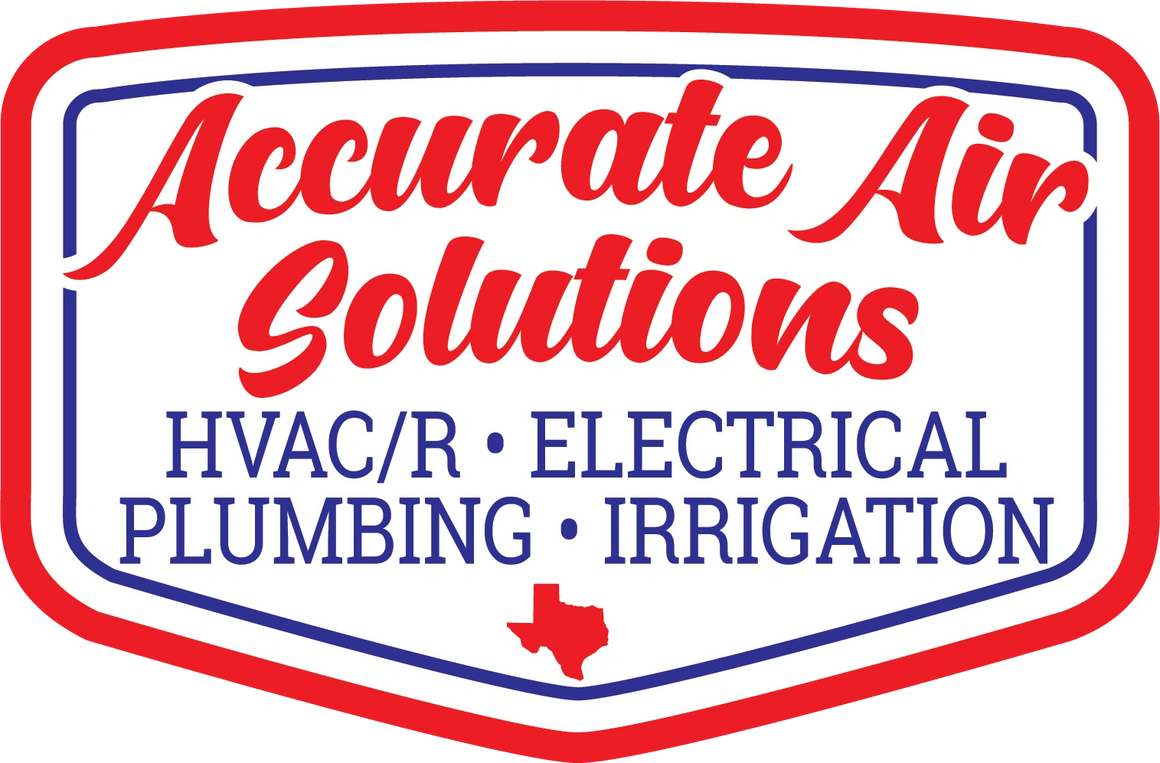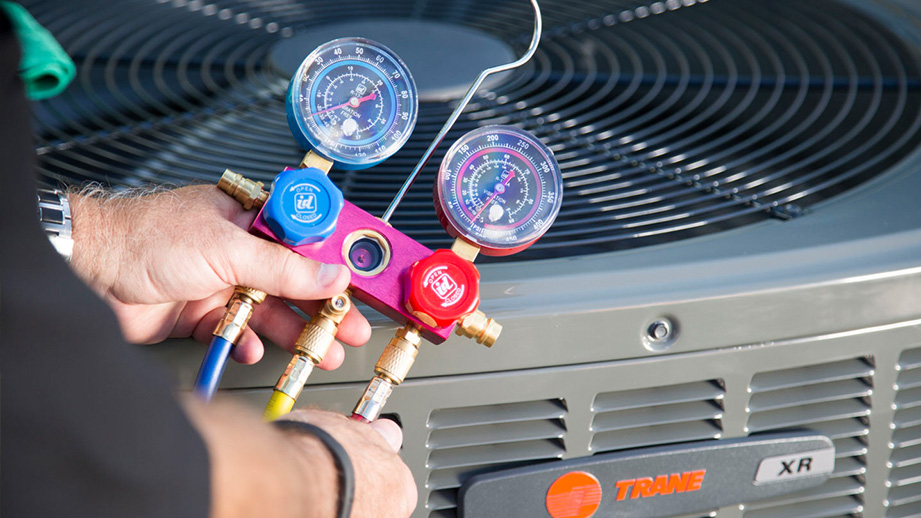Essential Questions to Ask Your Air Conditioning Contractor in Brownwood TX
Essential Questions to Ask Your Air Conditioning Contractor in Brownwood TX
Blog Article
Recognizing A/c: A Comprehensive Guide to Heating, Ventilation, and Cooling Services
In today's swiftly progressing globe, a fundamental understanding of heating and cooling systems is no longer a high-end however a necessity for ensuring optimum indoor settings. This overview provides a comprehensive expedition of heating, ventilation, and air conditioning solutions, debunking the complex interaction of elements that govern convenience and performance. As we browse with the ins and outs of choosing the ideal system and preserving it for peak performance, one begins to recognize the extensive effect these systems have on power consumption and sustainability. What common pitfalls could be weakening your heating and cooling system's capacity without your knowledge?
Basics of A/c Equipments
Heating, Air Flow, and A/c (A/C) systems are critical parts in contemporary design, regularly ensuring optimal indoor air high quality and thermal comfort. These systems are integral to maintaining the health, performance, and well-being of owners in property, commercial, and industrial settings. At their core, HVAC systems are made to control the temperature, moisture, and tidiness of air, developing a comfortable environment no matter external weather.
The basic elements of a cooling and heating system consist of home heating devices, ventilation ducts, and a/c devices. The heating aspect typically entails either a heat or a heater pump, which heats air to be distributed throughout the building. Air flow, an important aspect of the system, involves the exchange of interior and exterior air, controlling and minimizing indoor contaminants dampness levels. This process can be naturally or mechanically helped with, commonly using fans and ductwork to distribute air successfully.

Selecting the Right HVAC System
Picking a cooling and heating system entails a mindful balance of viability, performance, and price to the particular requirements of a building. The selection procedure starts with an analysis of the structure's size, layout, and planned use. Bigger frameworks may need more durable systems, while property buildings might benefit from smaller sized, extra energy-efficient versions. It is necessary to take into consideration the environment of the area, as this will certainly influence the kind of system that best preserves comfortable interior temperature levels throughout the year.
Power effectiveness ratings, such as SEER (Seasonal Energy Performance Ratio) for a/c unit and AFUE (Yearly Fuel Application Effectiveness) for furnaces, are vital elements when assessing possible systems. Higher rankings commonly show far better performance and lower operating costs gradually. In addition, potential purchasers must compare in advance prices with possible lasting cost savings to determine the very best economic alternative.
Another crucial consideration is the kind of system-- whether a central system, split system, or ductless mini-split is ideal. Each deals distinct benefits and restrictions, depending on installment intricacy and room requirements. Examination with HVAC professionals is a good idea to make sure that the system picked straightens with both the structure's specifications and the passengers' convenience choices.
Relevance of Routine Upkeep
As soon as the appropriate a/c system is chosen and installed, keeping its effectiveness and durability comes to be a concern. Routine maintenance is crucial for making certain that the system operates at peak efficiency, lessening the danger of unforeseen malfunctions. Regular assessments and servicing can identify potential issues prior to they escalate right into pricey repair work or substitutes, therefore prolonging the life-span of the devices.

Furthermore, adhering to an upkeep routine can maintain the service warranty insurance coverage, as several makers call for evidence of routine servicing to recognize service warranty cases. Involving specialist cooling and heating specialists for routine maintenance guarantees that all parts are assessed accurately and adjusted as required. This positive method not only safeguards the investment in the heating and cooling system however likewise promotes a healthier indoor setting for passengers, improving general wellness.
Enhancing Power Efficiency
To enhance energy efficiency in cooling and heating systems, it is vital to carry out approaches that lessen power consumption while keeping optimum performance. One reliable technique is the integration of clever thermostats, which permit accurate control over temperature setups based upon tenancy and time of day. These devices can find out patterns and adjust home heating and cooling down schedules as necessary, decreasing unneeded energy use.
Another approach includes routine examination and cleansing of HVAC elements, such as air filters, coils, and ductwork. Tidy systems run much more efficiently, as dirt and particles can obstruct airflow and require the system to work harder, consuming more energy. Making certain correct insulation and sealing is also crucial, as it prevents power loss and decreases the lots on heating and cooling systems.
Furthermore, upgrading to energy-efficient devices, such as variable-speed electric motors and high-efficiency compressors, can considerably reduce power consumption. These parts change their rate and output to match the particular heating or cooling demand, protecting against energy wastage.
Investing go right here in power recuperation air flow systems can look at this now additionally enhance effectiveness by trading warmth between outgoing and incoming air streams, minimizing the need for additional home heating or cooling. By adopting these steps, a/c systems can achieve superior energy effectiveness, bring about reduced functional costs and environmental effect.
Troubleshooting Common Issues
When resolving HVAC system breakdowns, an organized strategy to troubleshooting can effectively recognize and fix typical concerns. The initial step includes checking the thermostat setups to ensure they are proper and working. Typically, inaccurate settings or dead batteries can trigger the system to behave unpredictably. Next off, examine the air filters. Clogged up or unclean filters restrict air movement, lowering system performance and may lead to getting too hot or freezing.
Inspect the breaker and fuses; stumbled breakers or blown merges can halt system procedures. In addition, take a look at the exterior device for any kind of obstructions or particles that can prevent efficiency. Routine maintenance of these elements can avoid numerous typical issues.
Pay attention for uncommon sounds, which may indicate mechanical problems such as worn-out belts or motor problems. Inexplicable increases in power costs can additionally indicate underlying inefficiencies or leaks in ductwork. Guarantee that all vents are open and unhampered to facilitate optimal air movement.

Professional treatment ends up being needed if these steps do not resolve the issue, particularly for complicated troubles like cooling agent leakages or electrical mistakes. Regular examinations and maintenance by certified technicians can preemptively address potential concerns, making certain the a/c system runs efficiently and reliably.

Conclusion
In conclusion, a detailed understanding of Cooling and heating systems is essential for ensuring optimum interior comfort and air quality. Resolving common problems through reliable troubleshooting more makes certain the trusted operation of Heating and cooling systems, profiting both home owners and services.
As we browse through the ins and outs of choosing the appropriate system and preserving it for peak efficiency, one starts to recognize the extensive effect these systems have on energy additional resources usage and sustainability.Home Heating, Air Flow, and Air Conditioning (HVAC) systems are crucial parts in modern design, regularly guaranteeing optimum indoor air quality and thermal convenience (Plumber in Brownwood TX).An additional crucial consideration is the kind of system-- whether a centralized system, split system, or ductless mini-split is ideal. Clean systems operate more effectively, as dirt and particles can obstruct air flow and compel the system to work harder, consuming even more power.In verdict, a comprehensive understanding of HVAC systems is crucial for ensuring ideal interior convenience and air high quality
Report this page